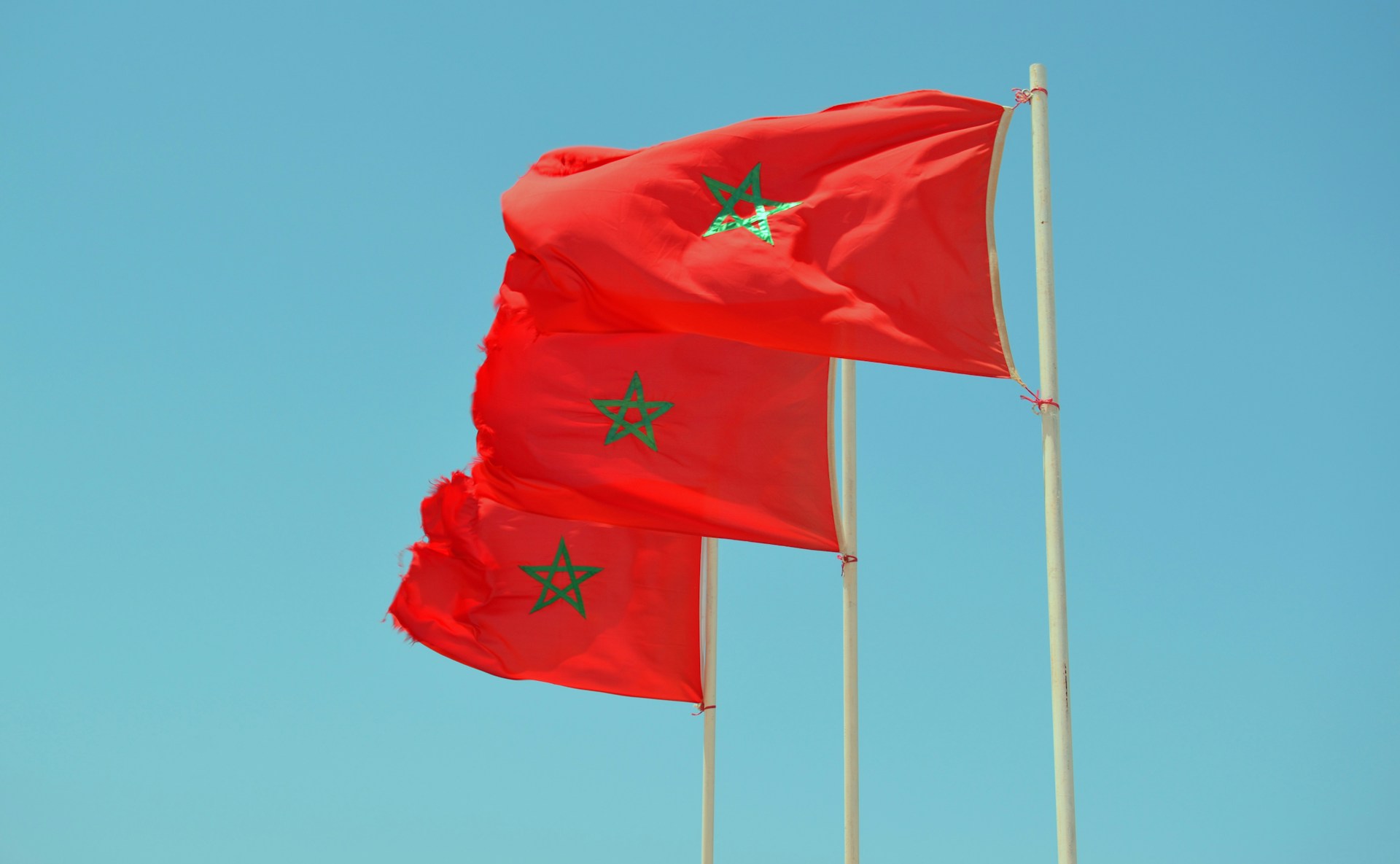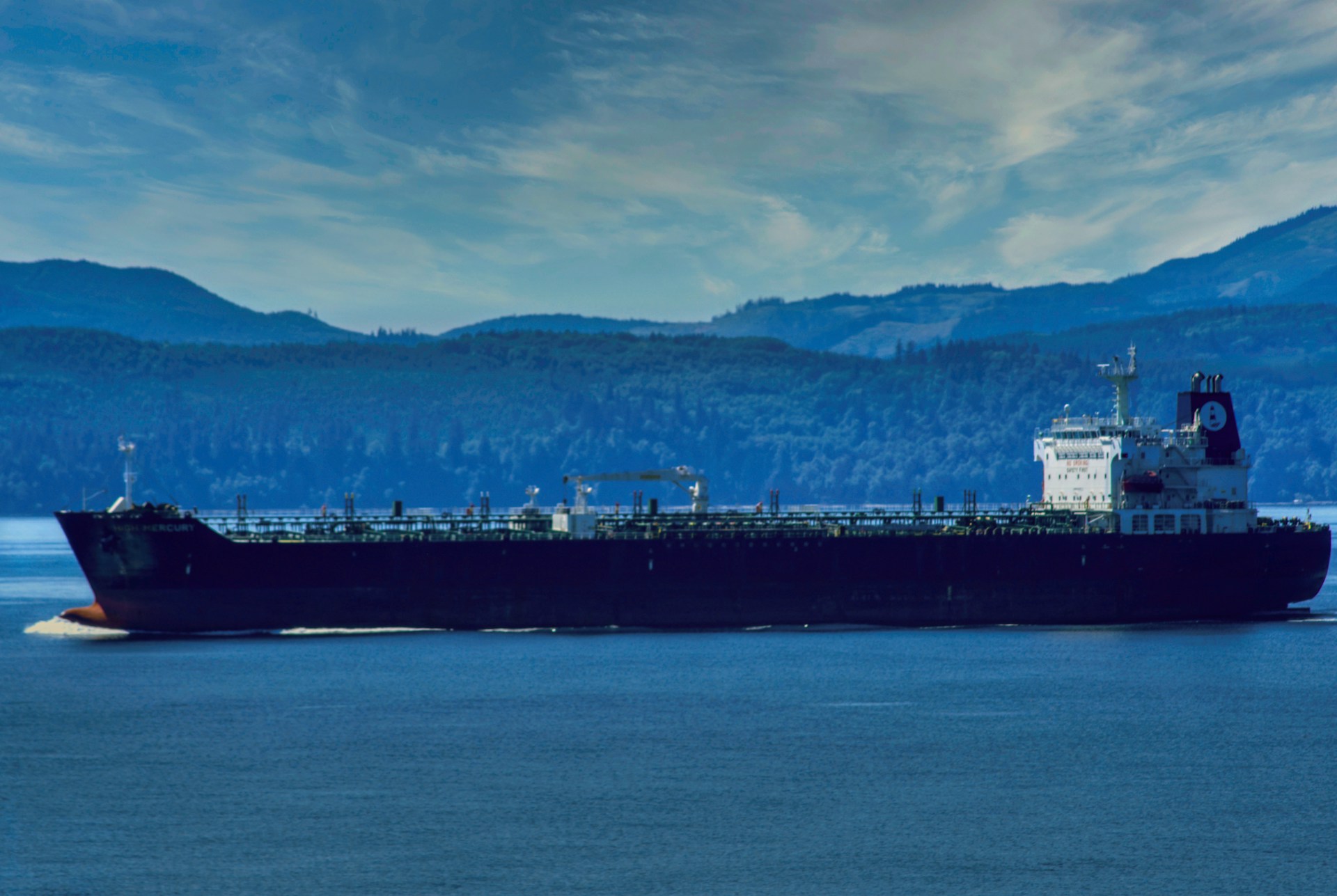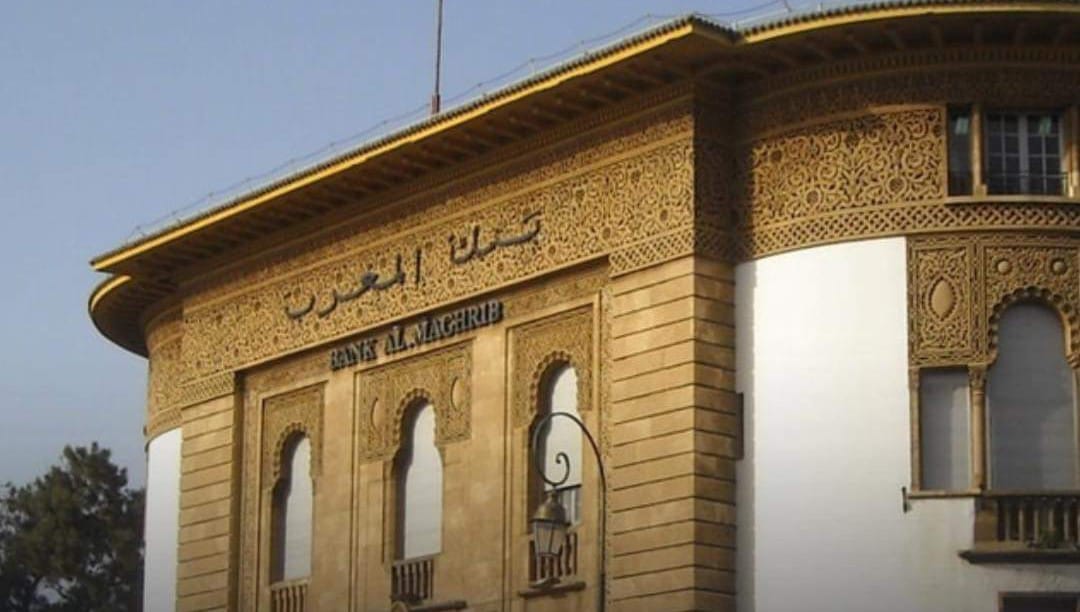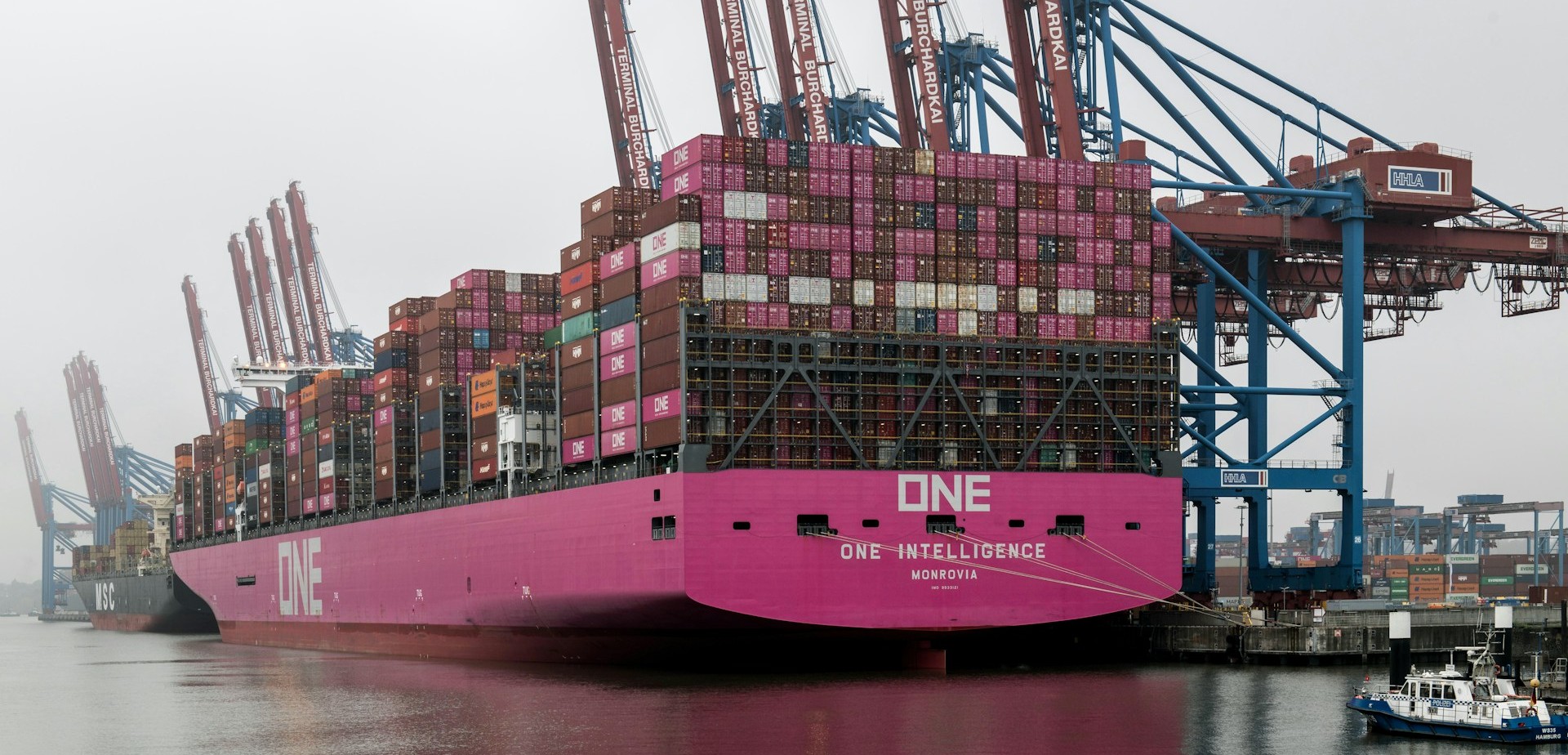Casablanca – According to a recent analysis by Scoop Rating, which specializes in macroeconomic and sovereign rankings, Morocco’s economic resilience in the face of recent challenges such as the Covid-19 pandemic and inflation shocks has positioned it more favorably than South Africa. Despite similarities in their pre-Covid economic measures, Morocco has emerged stronger due to its robust fiscal position, healthier economic growth, and promising reform prospects.
The report, titled “Why Morocco is emerging stronger than South Africa from recent crises?“ underscores Morocco’s comparative advantage over South Africa in terms of credit stability, with Morocco holding a stable BP+ ranking in the GABI index compared to South Africa’s BB rating with a stable outlook. This divergence is attributed to Morocco’s stronger economic growth, more sound fiscal policies, and a brighter outlook for structural reforms, especially when South Africa’s ratings were downgraded in October 2023.
Highlighting four main challenges—social and economic, monetary, financial, and external—the report, also republished by FX Empire, emphasizes the importance for emerging economies like Morocco and South Africa to address these challenges amidst global economic uncertainties. Key areas of concern include controlling inflation, fiscal consolidation, managing public debt, and enhancing external sector resilience to mitigate future economic shocks.
While both countries share similarities in economic profiles and natural resource endowments, Morocco’s higher per capita output growth and stable public debt trajectory underscore its stronger credit position compared to South Africa. However, both nations grapple with labor market vulnerabilities, with South Africa facing particularly high unemployment rates, whereas Morocco’s unemployment figures are more aligned with the African average.
The report notes Morocco’s momentum in implementing reforms, which supports its higher economic growth potential compared to South Africa, where energy shortages and infrastructure constraints continue to hinder growth prospects. Morocco’s collaboration with the IMF plays a pivotal role in bolstering its creditworthiness, particularly in terms of monetary policy and exchange rate management.
Conversely, while South Africa has made strides in inflation targeting and exchange rate flexibility, political uncertainties and governance issues, particularly regarding corruption and infrastructure deficits, pose significant challenges to its growth trajectory. The outcome of upcoming elections in South Africa will likely influence the pace of reform and economic stability in the country.
Morocco’s resilience, propelled by proactive reforms and strong economic foundations, establishes it in a more advantageous position compared to South Africa amidst persistent global economic uncertainties and internal hurdles.
















